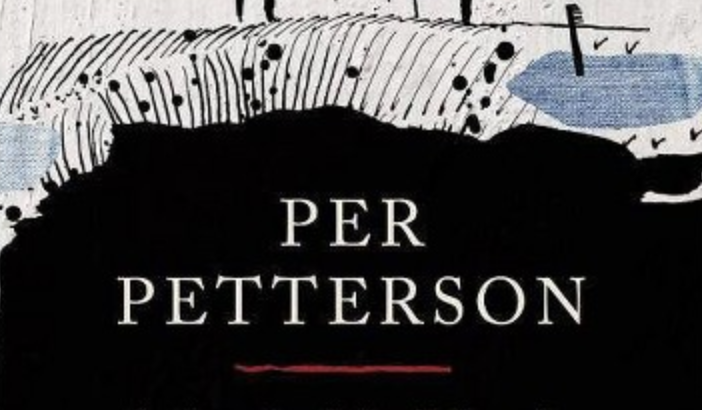Though he’s known primarily for Out Stealing Horses, Per Petterson’s first publication Ashes in My Mouth, Sand in My Shoes: Stories is something special.
It’s reminiscent of Winnie the Pooh for me; I’d always thought of that bear as a little old lady, thoughtful and sweet, but detached from the pains of reality as a child might be. Both Winnie and this book are able to be read by older children and adults; they’re both a little look into psychology and events that work as living memories, told through the brightness of youth.

Arvid, the young boy who narrates the stories, is just like this. We don’t get his age, but it’s clear he’s no more than around eight years old. Petterson works an ambivalent melancholy into his vignettes; while Arvid is a fairly optimistic, frank kid, he’s also fully aware of the significance of the events he bears witness to: his grandfather’s death, his neighbor Fatso’s addictions, his parents’ marital strife. The author does well explaining the in-between; that is, the place where coming of age has already been in the works, but the details are maybe a little vague yet. Somehow the strange, unmolded stage that Arvid occupies has its own grace.
Luckily, Petterson avoids getting too trope-y with how he approaches The Big Subjects (which are too often the same types of scenarios, barely altered by a group of tired storylines). There is no apparent theme or timeline to his stories, like some proposed common biological clock: falling in love, getting a job, having kids, death. I liked the focus he has on a single, small section of one kid’s life. This doesn’t distract the reader with looking for predetermined developments key to coming of age. Instead it is reflective of how a lot comes into semi-clarity all at once while we’re young.
My favorite of the stories (though it could probably be argued we’re meant to take the book as one cohesive story) is the sixth, called “Fatso.” It’s a sad sort of endearing to note how similar the two are, in their gentler, considerate side. In the movies, they would’ve been friends, like Tripper and Rudy in Meatballs. But here, Fatso is the town laughing stock, not a cool camp counselor. Arvid instead ignores the newfound respect Fatso has for him after they talk a bit, and it made me wonder whether there comes a time when the voice of others rings truer than one’s own.
It’s hard to say whether Petterson distorts the reality of childhood at a level that is indefensible. Anytime an adult author writes behind the eyes of a child, they are wont to add some literary character to them; a thoughtfulness that doesn’t organically spring forth from most kids. Otherwise, they simplify their thoughts past realistic limits, and the story is no longer interesting to read. Arvid is comfortably in between these two, shown to have independence but with the source of it mostly originating with his parents’ often lax attitude towards his adventuresome will.
Check out this and other books by Per Petterson via online book merchants, or at your local library.


